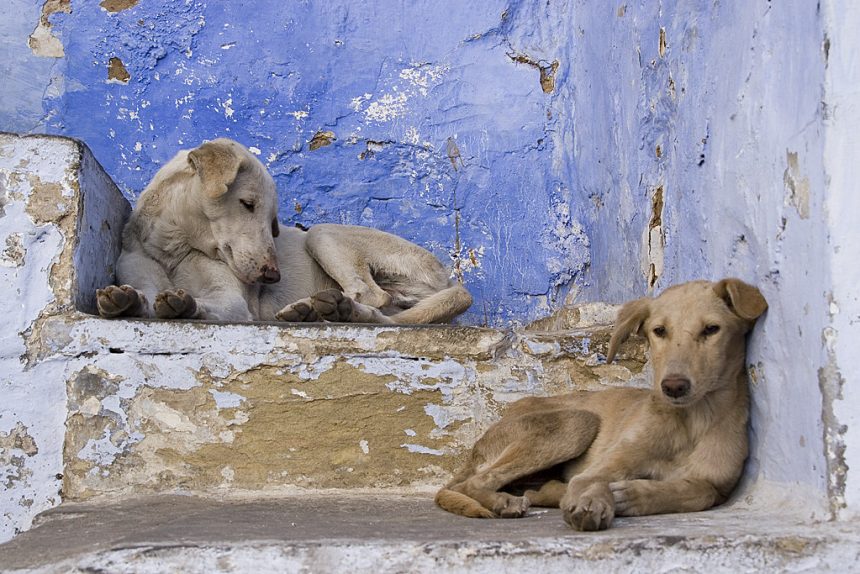Supreme Court Reverses Controversial Removal Order
India’s Supreme Court on August 22, 2025, retracted its earlier directive to round up and indefinitely shelter stray dogs from Delhi and the National Capital Region. Instead, the court ruled that stray dogs must be sterilised, vaccinated, and allowed to return to their original localities, except for those deemed aggressive or rabid, which should be housed in shelters.
Protests and Practicality Prompt Policy Shift
The original August 11 order had ignited a wave of protests—from animal rights groups and citizens alike—over what critics called a logistically infeasible and inhumane policy. Delhi, with an estimated stray dog population nearing 1 million and limited shelter infrastructure, was ill-equipped to implement mass relocation.
Humane, Scientific Approach Takes Precedence
The modified order aligns with India’s established Animal Birth Control (ABC) principles, emphasizing humane, evidence-based methods of population control. Activists and public figures hailed the decision:
- PETA India praised the ruling, calling it a step toward recognizing community dogs as valued citizens rather than nuisances.
- Opposition leader Rahul Gandhi described the verdict as a “progressive step toward balancing animal welfare and public safety.”
Implementation Challenges Ahead
Advocates caution that the ruling’s success hinges on execution. Municipal shelters are already overwhelmed, underscoring the need to scale up sterilisation and vaccination programs. Critics warn that ambiguous definitions of terms like “aggressive” or “rabid” dogs could open the door to misuse—and stress the continued importance of trained personnel and ethical practices.
A Balanced Path Forward
India’s Supreme Court has acknowledged the limitations of punitive removal tactics and reaffirmed a humane, sustainable framework. By embracing science-backed strategies, the country is taking a step toward coexisting with its “community dogs” while safeguarding public health.
In this case, compassion, common sense, and constitutional values prevailed—offering hope for a more balanced solution to urban wildlife challenges.











